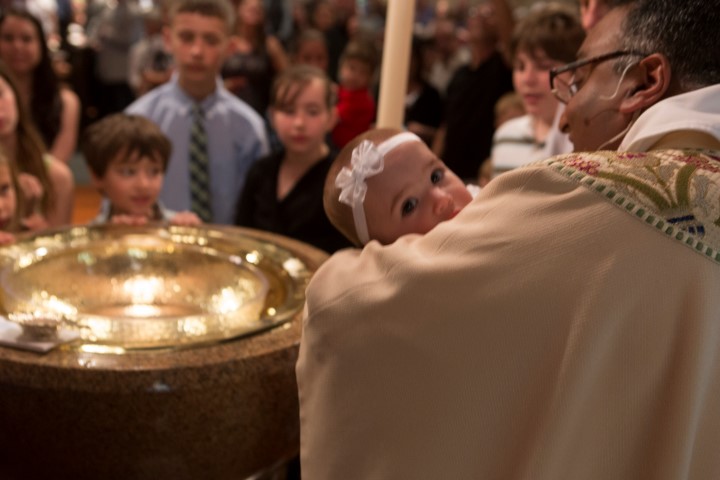Lesson 13: Concluding Remarks
I find my present thought always reflects what I have just read or what my friends who gather regularly in my home want to discuss. That leads me to think life, at least my life, is truly an ongoing conversation. That conversation caused me to ponder God’s presence about three or four months ago. It […]











 Frontline Study is an online discussion of the scriptures, inviting you to share your comments and your reflections on each weekly topic. Simply click on the "Add Reply" text at the top of each post to see what others have posted and to add your thoughts.
Frontline Study is an online discussion of the scriptures, inviting you to share your comments and your reflections on each weekly topic. Simply click on the "Add Reply" text at the top of each post to see what others have posted and to add your thoughts.